There’s little point resisting change, especially now.
Our beloved high streets have been struggling against online shopping for some time. Covid-19 only sped this up.
As the pandemic raged on, consumers had no choice but to head online. Even as the world opened up again, many appeared keen to stick with the digital world. We’ve all seen the impact of this.
Shopping centres and high streets across the UK are seeing fewer visitors when compared to pre-pandemic levels.
This is unlikely to improve anytime soon either, as inflation skyrockets and consumer confidence plummets.
There’s simply not enough money to go around at the moment.
People are more worried about energy than a new wardrobe right now. Even if consumers did find a spare few quid for some retail therapy, they’re likely to face a depressing selection.
Empty and boarded up shops have become the norm on the nation’s high streets.
It’s not just the smaller names that have felt the brunt of this pain either.
Even institutions such as Topshop and Debenhams couldn’t cope with this new reality.
And let’s not forget the changing working world either. In London alone, empty office space is at the highest level seen in over 15 years.
There’s fewer people finishing up their work and heading to oxford street.
While this is all depressing sounding stuff, we’re not completely devoid of options or positivity!
For property investors, there could be exciting opportunity on the horizon.
On top of potentially boosting their revenues and diversifying their portfolios, investors could be viewed as saviours of the high street.
Those empty shops could be beautiful homes
People looking up at sprawling shopping centres, with few stores open inside them, will likely come to a fairly obvious conclusion.
Why not turn these empty spaces into flats?
Anyone who has tried to move in recent years – or even just made a cursory glance at the news from time to time – knows how competitive the market has become.
Buyers and renters alike are competing over a dwindling supply of suitable options.
Put simply, we need more supply to meet the demand.
Fortunately, efforts have already been made to encourage commercial conversions.
Last year, the Permitted Development Rights (PDR) scheme was expanded, providing more opportunity for investors. In tweaking existing rules, the Government encouraged conversions by reducing the need for planning permission for banks, gyms, and – crucially – shops.
There’s plenty of opportunity for those willing to convert run-down highstreets into exciting new residential hubs.
Some of the locations in desperate need of regeneration include those already popular with the wider public.
This includes various London boroughs, Birmingham and Leeds.
Independent investors could do especially well here, with large developers less likely to bother with smaller-scale conversions.
Those willing and able to take on bigger projects – the kind that need planning permissions – could also benefit.
In recent months, some landlords have taken advantage of rising demand for “posh” houseshares.
Buyers with bigger budgets, and more time for planning, could be brave and turn husks of department stores into fresh houses in multiple occupation.
They’ll want to act quickly though.
The number of applications submitted to English planning authorities for a new commercial-to-residential permitted development right rose by 41% in recent months.
Is there still scope for the commercial world?
There may also be scope for investors wanting to keep the high street commercial.
It’ll just need to be a different type of commercial. Consumers could flock back to their high streets, so long as they’re a bit more tempting.
Consumers recently revealed what they’d like to see from their high streets in the future.
The top changes that would be welcomed include local retailers, independent restaurants, service-based businesses, and pop ups.
Shoppers want a bit of originality, not just copy and paste chains.
A few high streets across the country already seem to have taken notice of this.
We’ve seen some incredible turnarounds.
Portishead’s High Street reportedly has “not one empty shop” following an embrace of clothing boutiques, florists and eco-friendly grocers.
Also, as footfall fell in Huyton village’s shops, a “restaurant culture” reinvention allowed the small town to bounce back.
For property investors, focusing on the type of business they want to target could pay dividends.
Consumers are likely to stick with the ease of online shopping for their physical goods.
Restaurants, cafes, and the types of industries that can’t be downloaded may hold the most long-term value for the coming years.
Regardless of how it’s done though, those who support the high street should be welcomed with open arms.
We’re all desperate to move on from the last few years.
Instead of blackened stores with “we regret to inform you…” signs, wouldn’t it be nice to see thriving communities and jam-packed restaurants?








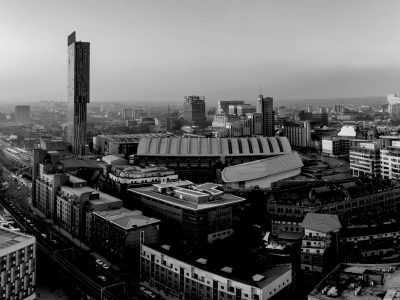




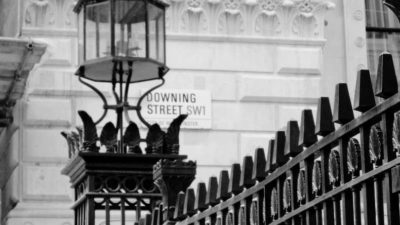
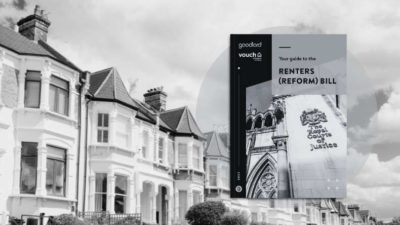





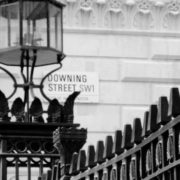
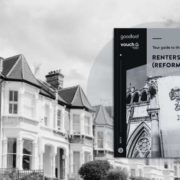



Comments